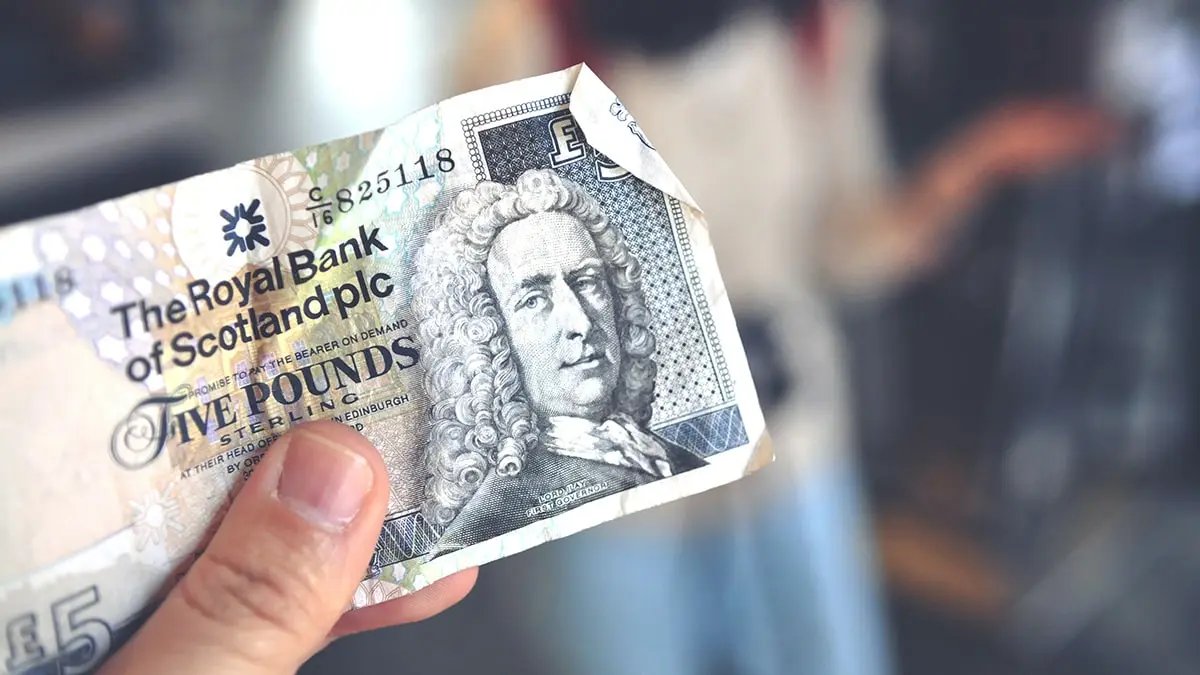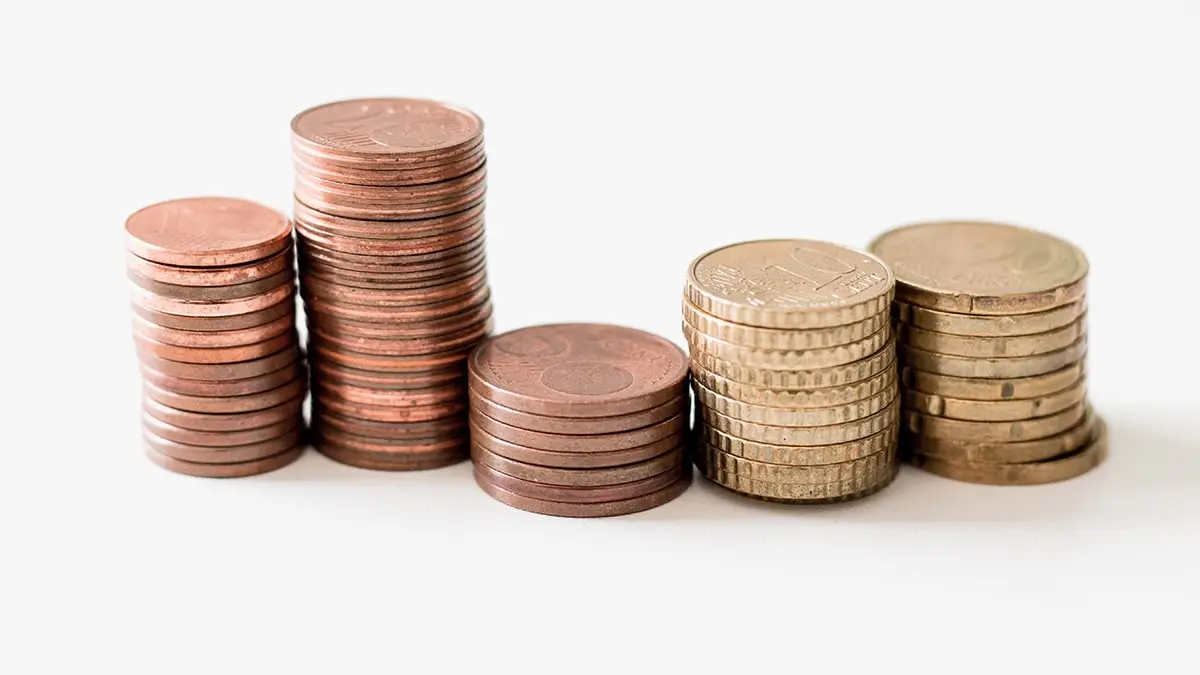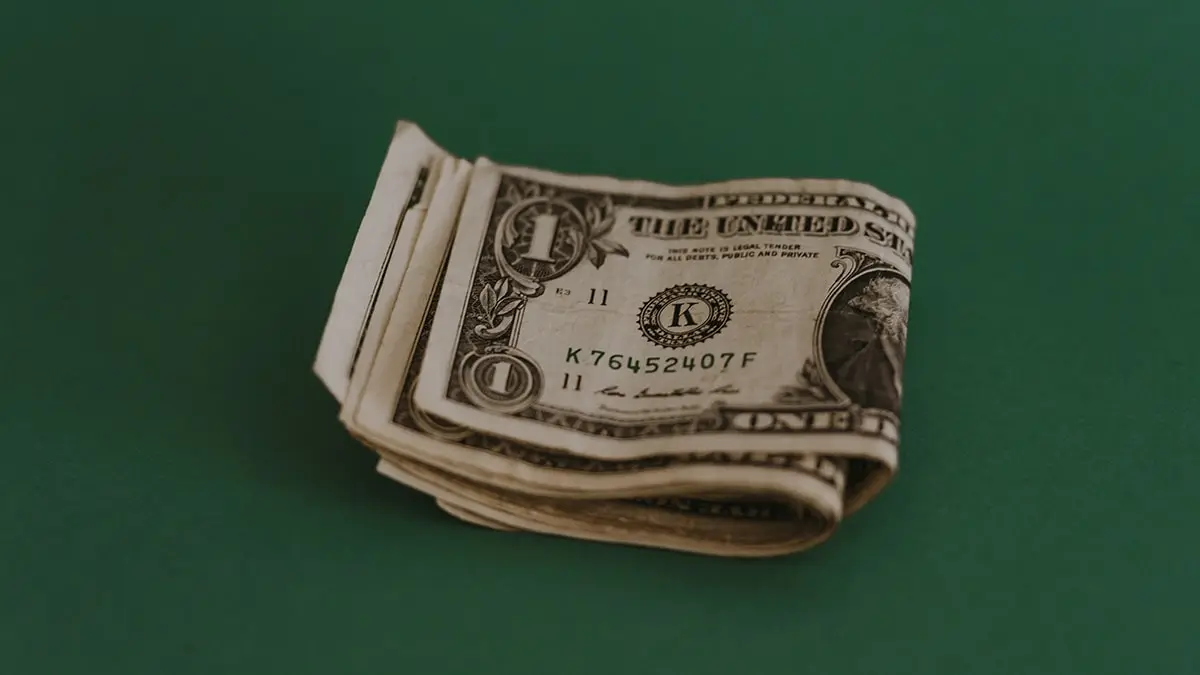PaydayZest provides a one-stop solution for all loan needs, offering various loan options that cater to specific needs and budgets. PaydayZest understands the need for a quick cash injection to tide over its clients during unexpected expenses.
The range of loan options available guarantees that clients’ needs are met. Loans of $100, $200, or $300 are available for borrowers who need a small loan to cover unexpected bills. Loans up to $1,000 are offered for people requiring a larger sum.
PaydayZest’s online loans make the process fast, easy, and convenient. The company offers same-day loans, so you can get the cash you need soon. PaydayZest’s loans are available without needing a credit check, so you can still apply even if you have poor Credit.
Direct Lenders
PaydayZest is here to guarantee you find the perfect place to borrow money. The company partner with only a select few lenders across the U.S. – all of whom have been personally reviewed and approved by the company’s staff.
PaydayZest knows how hard it is to borrow money if you have a bad credit rating. Still, PaydayZest’s network of lenders is willing to take a second look at different credit histories. The company will match you with the lender most likely to approve you and offer the lowest rate.
PaydayZest is dedicated to responsibly processing loan requests at affordable rates to improve clients’ financial positions. Clients are not charged for services at PaydayZest, and no fees or hidden costs are associated with loan requests. Only a commission payment is required for successful loan inquiries. Loan requests are made at any time, day or night, 24/7.
We Offer Monthly Installment Loans
PaydayZest places great importance on client privacy and maintains a strict privacy policy to guarantee the security and safety of personal information.
PaydayZest provides installment loans with flexible repayment terms for borrowers seeking a longer-term solution. Direct lenders are used to offering clients a smooth and hassle-free borrowing experience.
PaydayZest acknowledges that emergencies occur anytime, offering 1-hour payday loans and fast, uncomplicated emergency cash loans.
PaydayZest is available to assist clients during their times of need. A range of loan options is available, and clients are encouraged to explore and select the option that best suits their needs.
Customer Service
PaydayZest is a comprehensive lending platform that prioritizes exceptional customer service, offering a range of loan options, including payday and personal loans, to help clients meet their financial goals. The company recognizes financial literacy’s importance and provides clients with resources to improve their financial knowledge.
- Exceptional Customer Service
PaydayZest prides itself on providing excellent customer service, with a knowledgeable and friendly team available to answer clients’ questions and guide them through the loan application process. - Personal Loans
PaydayZest offers personal loans on top of payday loans, providing clients with the necessary funding to achieve their financial goals. Personal loans are ideal for consolidating debt to fund a home renovation or paying a significant expense. - Online Loans
PaydayZest understands the significance of finding loans near clients’ locations and offers online loans accessible from anywhere with an internet connection. - Financial Literacy Resources
PaydayZest is committed to increasing financial literacy among its clients and offers a range of resources on its website. These resources include articles and tips on budgeting, saving money, and improving credit scores, along with loan calculators to help clients understand the cost of borrowing.
PaydayZest is dedicated to helping clients achieve their financial goals by providing excellent customer service, various loan options, and resources to improve financial literacy.
Emergency Expenses
Life is unpredictable, and unexpected expenses arise at any time. Short-term loans are available to help bridge the gap until the next paycheck.
Payday loan consolidation programs are the solution if managing multiple payday loans is challenging and makes it difficult to keep up with repayments. These programs help consolidate loans into a single payment, saving money on interest and fees.
PaydayZest advocates for responsible lending practices. It is recommended to borrow only what is affordably repaid and to use loans as a short-term solution to financial difficulties.
Transparency From Lenders
PaydayZest is dedicated to providing transparent and clear information about its loans. The company’s commitment to honesty guarantees that borrowers know the total cost of borrowing, including fees and interest charges.
PaydayZest prioritizes borrowers’ financial goals and strives to find the right loan for your unique situation. Its network of reputable lenders guarantees that borrowers can access fair and affordable lending options.
The company believes everyone deserves access to lending options that work for them, so PaydayZest partners with lenders offering the best rates and terms.
Ready to apply for a loan? PaydayZest’s straightforward online application process gets you approved in minutes. Select the loan amount you need and complete the application, and we’ll handle the rest.
PaydayZest is here to assist you in finding the perfect loan for your situation. Continue to consider PaydayZest for your lending needs.
A Guide To U.S. Bank’s Rates, Terms, And Features
Personal loans are helpful tools for borrowers looking to fund various expenses, from home renovations to medical bills. U.S. Bank is one institution that offers personal loans to eligible customers, with loan amounts ranging from $1,000 to $50,000 depending on if the borrower is a current U.S. Bank customer or not. The loans have a fixed annual percentage rate (APR) ranging from 8.74% to 21.24% APR and terms ranging from 12 to 84 months.
The table below explores various scenarios and values related to U.S. Bank’s loan offerings, including minimum and maximum loan amounts, APR ranges, and loan terms.
| Criteria | U.S. Bank Customer | Non-U.S. Bank Customer |
|---|---|---|
| Minimum Credit Score Required | 660 or above | 660 or above |
| Maximum Loan Amount | $50,000 | $25,000 |
| Loan Term | 12 to 84 months | up to 60 months |
| Fixed APR | 8.74% to 21.24% | 8.74% to 21.24% |
| Lowest APR Eligibility | loans of $10,000 or more, with a term of 12-36 months, a credit score of 800 or greater | loans of $10,000 or more, with a term of 12-36 months, a credit score of 800 or greater |
| Monthly Payment for $10,000 Loan (36 months) | $316.79 with automatic payments from a personal checking or savings account | $316.79 with automatic payments from a personal checking or savings account |
| Origination Fees | None | None |
| Prepayment Penalty | None | None |
| Collateral Required | No | No |
| Home Inspection/Appraisal Required | No | No |
| Electronic Funding to Non-U.S. Bank Account Processing Time | 1 to 4 business days | 1 to 4 business days |
| Loan Availability | Not all loan programs are available in all states | Not all loan programs are available in all states |
FAQs
How Fast To Get A Loan?
Applying with PaydayZest is a breeze! The company guarantees you will complete your form in less than five minutes and receive an immediate decision. PaydayZest has a network of trusted lenders with no application charges. Your information is kept secure on PaydayZest’s site. So why wait? Get started with your application now for a fast and easy process.
How Much Money Do Borrowers Get?
PaydayZest offers borrowers a loan from $100 to $5,000, with repayment terms ranging from 3 to 36 months. The amount you can borrow depends upon your income, credit score, and any existing debt, including payday, personal, and short-term loans.
PaydayZest strives to give borrowers the loan they need when they need it. The company understands that everyone’s financial situation is unique, so it works to find the best loan for your needs. PaydayZest team is here to help if you need a small or more significant loan.
Is It Viable To Receive Money On The Same Day?
Yes, getting an instant response to your form is simple. Depending on the product, you sometimes have the funds in your account within an hour or the next business day. It’s just that simple. For secured loan applications, you can expect the money in your bank account within one week of submitting the form. So why wait? Get your loan in an instant!
Is It A Guarantee To Get A Loan If Having Bad Credit?
Yes, every borrower’s credit score won’t be impacted in any way. Your chances of being approved for other loans in the future won’t be compromised. So, you can apply for a loan from PaydayZest without any fear. PaydayZest assures you that its soft search loans are entirely safe. You don’t have to worry about your form submission leaving any visible footprint on your credit record.
PaydayZest has you covered if you’ve got a poor credit score or a history of no credit checks. Have a stable income and the ability to make monthly repayments. The lender needs to know that borrowers’ credit scores are improving and that they’re on track to repay on time. PaydayZest assures you can access the financing you require. The company even provides you with loans that require collateral or security, so you can get the funds you need.
How Do I Settle My Loan?
PaydayZest’s network of lenders collects your repayments from your checking account on a date you choose – usually when you get paid from work. Your repayments are divided into equal monthly installments, but you can pay them off early if you want to. It’s that easy!
How Do I Qualify For A Loan?
Are you a U.S. resident aged 18 or over and have steady employment with a minimum monthly income of $1000? PaydayZest helps you get the cash you need! All you need is a live checking account, and you’re ready to take the plunge and borrow. The company wants to guarantee borrowers can repay the loan – so you’ll need to think about this too. Every borrower can assure they’re in safe hands with PaydayZest.
Final Thoughts
PaydayZest offers a variety of loan options to cater to specific needs and budgets. The company understands the need for quick cash injections to tide over clients during unexpected expenses. The process is fast, easy, and convenient, with various online loan options. PaydayZest values its clients’ privacy and maintains a strict privacy policy to guarantee the security and safety of personal information.
The company prioritizes exceptional customer service, offering a range of loan options, including payday and personal loans, to help clients meet their financial goals. PaydayZest is committed to responsible lending practices and improving clients’ financial positions by providing transparent and fair lending options.





